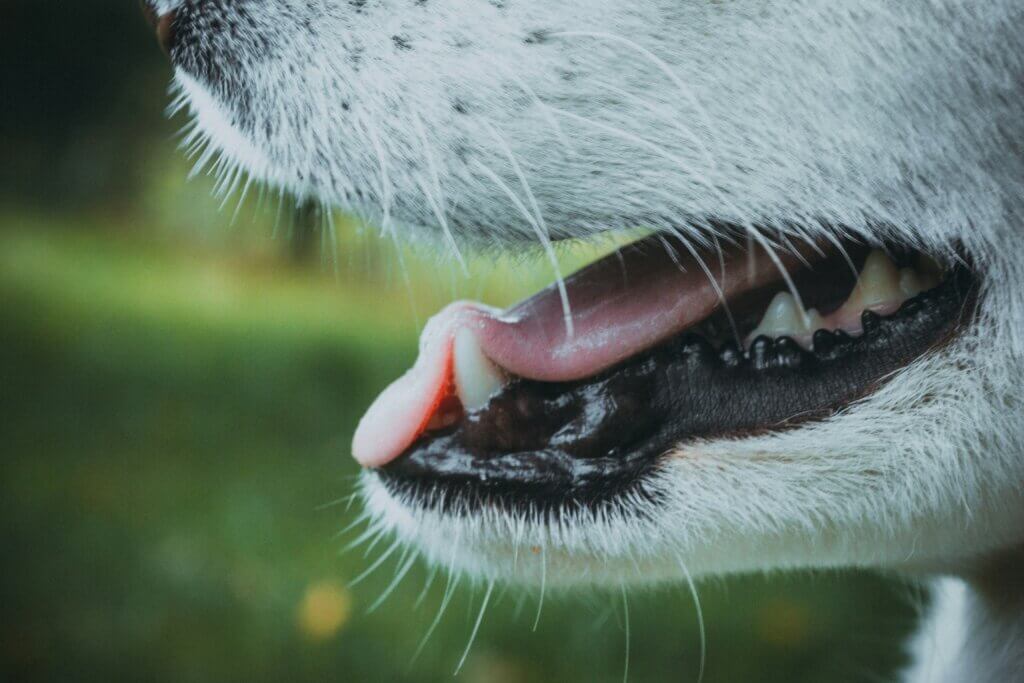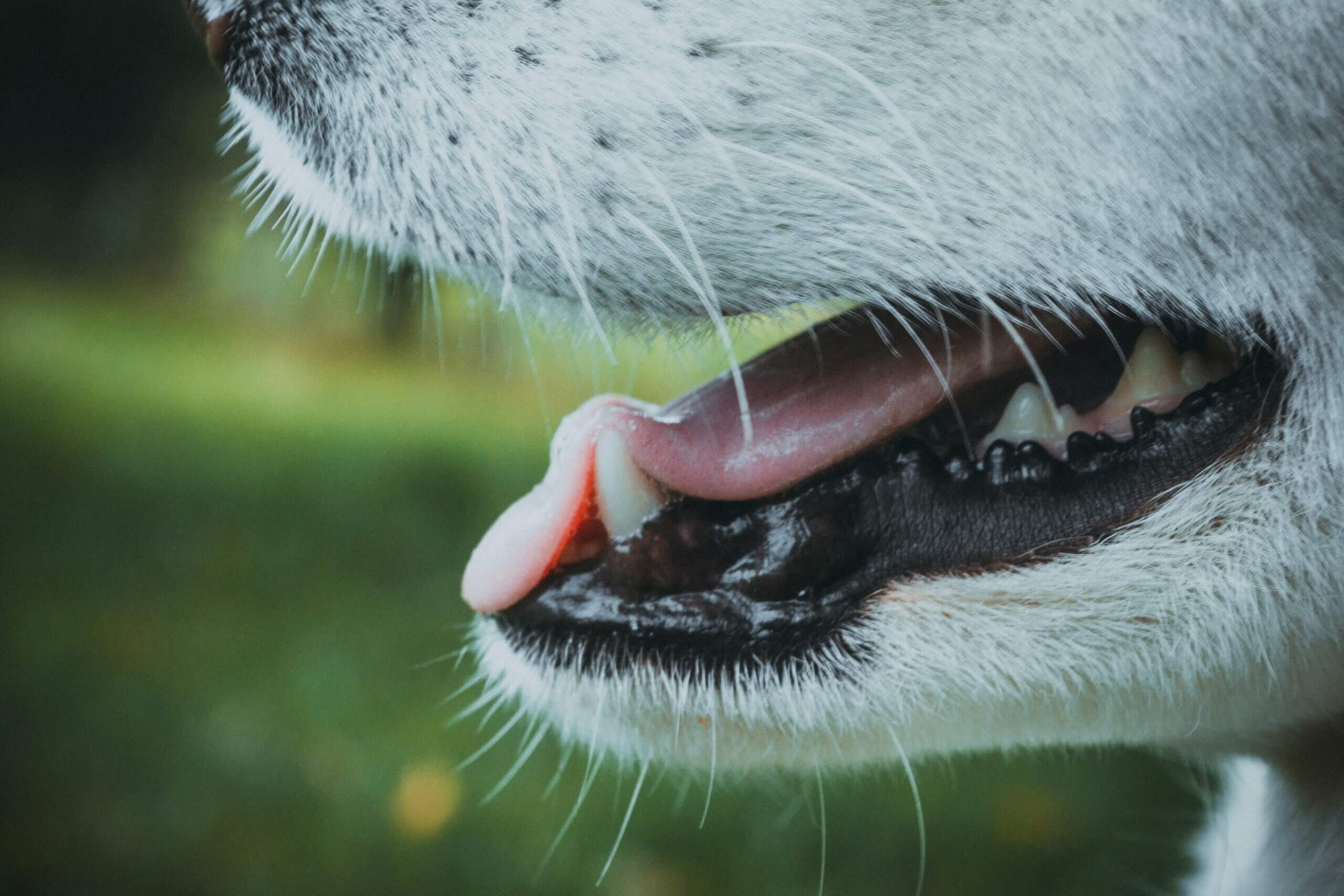The Benefits of Canine Oral Hygiene on a Raw Diet

Maintaining optimal oral hygiene and cleanliness is crucial for the overall health and well-being of your canine companion. A healthy mouth not only prevents bad breath and dental disease but also supports your dog’s overall health by reducing the risk of heart disease, kidney disease, and other systemic health issues. One way to promote good oral hygiene in your dog is through their diet. Many pet parents are turning to raw diets as a way to improve their dog’s health and well-being. Raw diets, which consist of uncooked meats, bones, fruits, and vegetables, are believed to provide a more natural and species-appropriate diet for dogs compared to processed commercial pet foods. In addition to the numerous benefits of a raw diet, such as better digestion, increased energy, and improved coat and skin health, raw diets can also support your dog’s oral hygiene. The bones and raw meat found in a raw diet can help keep your dog’s teeth clean and healthy by providing the necessary chewing action to remove plaque and tartar buildup. Chewing on raw meaty bones not only helps to clean your dog’s teeth, but it also strengthens their jaw muscles and promotes good oral health. The act of chewing on raw bones helps to scrape away plaque and tartar from your dog’s teeth, preventing the buildup of harmful bacteria that can lead to dental disease and bad breath. In addition to raw bones, incorporating raw fruits and vegetables into your dog’s diet can also help promote good oral hygiene. Crunchy fruits and vegetables like carrots, apples, and celery can help naturally clean your dog’s teeth and freshen their breath. These natural foods contain enzymes and nutrients that help break down plaque and tartar and promote overall oral health. While a raw diet can help support your dog’s oral hygiene, it is important to remember that proper dental care is still essential. Regular dental care, such as brushing your dog’s teeth, providing dental chews, and scheduling professional cleanings with your veterinarian, should still be a part of your canine’s oral hygiene routine. If you decide to feed your dog a raw diet, it is important to be mindful of the type and quality of bones you provide. It is generally recommended to feed raw meaty bones that are safe for your dog to chew and digest, such as chicken necks, turkey necks, and beef ribs. Avoid feeding bones that are too small or brittle, as they can pose a choking hazard or cause dental fractures. In addition to feeding raw bones, you can also provide dental chews and toys to help keep your dog’s teeth clean. Dental chews, such as rawhides or dental sticks, can help reduce plaque and tartar buildup by providing a chewing action that is similar to that of raw bones. Dental toys, such as rubber chew toys or dental ropes, can also help promote good oral hygiene by encouraging your dog to chew and play, which can help remove plaque and tartar from their teeth. Lastly, regular dental cleanings with your veterinarian are essential for maintaining your dog’s oral health. Professional cleanings can remove stubborn plaque and tartar buildup that cannot be removed through at-home dental care. Your veterinarian can also check for signs of dental disease and provide recommendations for improving your dog’s oral hygiene routine. In conclusion, maintaining good oral hygiene and cleanliness is important for your dog’s overall health and well-being. A raw diet can help support your dog’s oral health by providing natural chewing action and nutrients that promote good dental hygiene. Remember to also incorporate regular dental care into your dog’s routine, including brushing their teeth, providing dental chews, and scheduling professional cleanings with your veterinarian. By following these tips, you can help ensure that your canine companion has a healthy and happy mouth for years to come.
Facebook
View more

